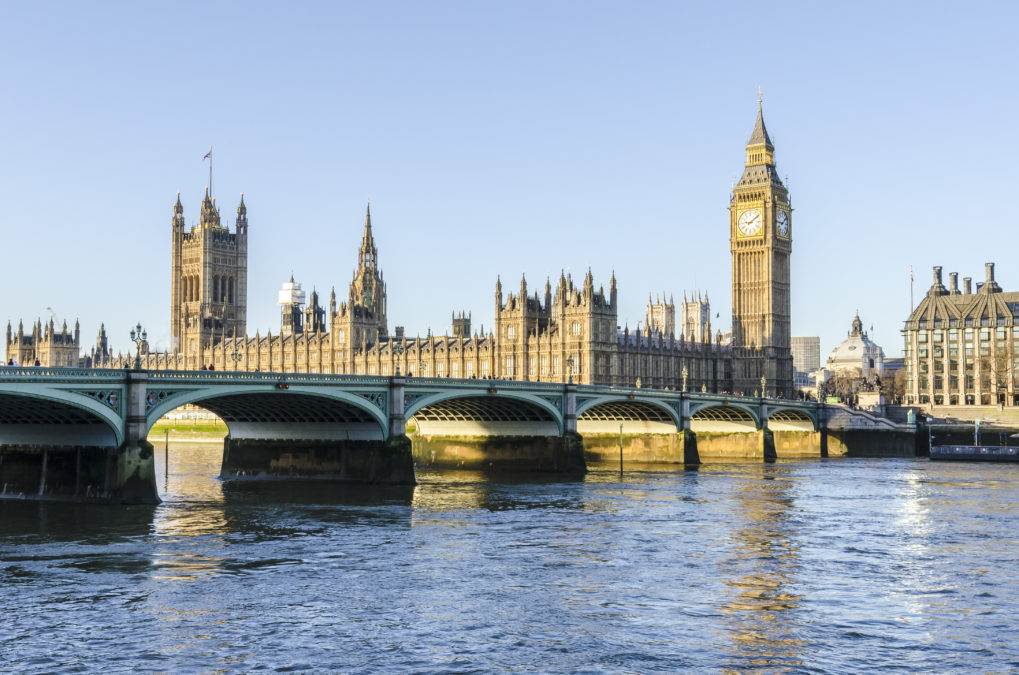The UK government has compiled a list of ‘principles’ regarding its open data initiative, and is calling on the public to provide comments and feedback.
The principles, as proposed by the newly-formed Public Sector Transparency Board, are as follows:
- Public data policy and practice will be clearly driven by the public and businesses who want and use the data
- Public data will be published in reusable, machine-readable form
- Public data will be released under the same open licence which enables free reuse, including commercial reuse
- Public data will be available and easy to find through a single easy to use online access point
- Public data will be published using open standards
- Public data underlying the Government’s own websites will be published in reusable form for others to use
- Public data will be timely and fine grained
- Release data quickly, and then republish it in linked data form
- Public data will be freely available to use in any lawful way
- Public bodies should actively encourage the re-use of their public data
- Public bodies should maintain and publish inventories of their data holdings
The proposed guidelines echo many of the influential principles put forward in 2007 by technology authors Tim O’Reilly and Carl Malamud. These argued that open government data must be:
- Complete
- Primary
- Timely
- Accessible
- Machine processable
- Non-discriminatory
- Non-proprietary
- Licence-free
One point of distinction is that while O’Reilly and Malamud’s principles call for open data to be ‘complete’ – meaning that ‘all public data… that are not subject to valid privacy, security or privilege limitations… are made available’ – the first of the Cabinet Office’s principles suggests that only that data for which there is explicit demand will be published.
Interesting Links
Opening up DC – Washington DC’s local government was an early pioneer of ‘open data’, and its experiences reveal the power of data-driven transparency [UPDATED]
Access does not equal understanding – Governments are sharing more data than ever, but helping citizens understand that data is still a work in progress
This may reflect a growing acknowledgement that quantity does not equal quality when it comes to open data.
Last week, Ellen Miller, co-founder of US transparency group the Sunlight Foundation, wrote on her blog that despite the considerable quantity of data that the US government has published on its data.gov open data portal, the amount of useful information among that data is low. "Only 1 percent of data.gov is useful if you want to do something other than build a map," she wrote.
Miller also criticised the quality of much of the data published. "USASpending,gov data is riddled with so many errors that it is practically useless," she wrote. "Recovery.gov has been consistently rushed and is having a hard time finding the right balance between flashy presentation and substantive data."
Cabinet Office minister Francis Maude said the Transparency board was keen to hear public feedback on the principles. "In the spirit of transparency we are asking everyone to comment on our ideas and help us to define these important principles," he said in a statement. "Anyone who wants to will be able to put forward their suggestions for what the principles should be by logging on to data.gov.uk.”







